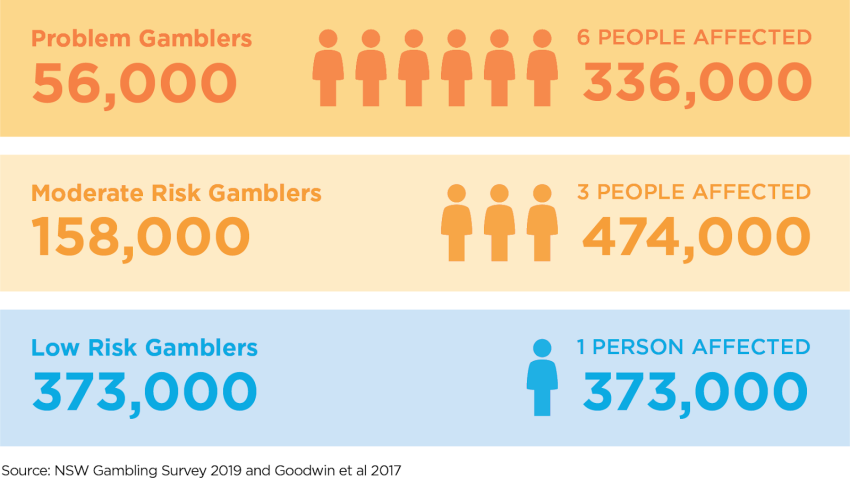Gambling facts reveal a captivating landscape where culture, economy, and technology intersect. As we delve into this ever-evolving domain, we see that global gambling statistics reflect not only the profitability but also the challenges faced by the industry. The anticipated gambling trends for 2025 highlight a remarkable surge in online gambling growth, as digital platforms become more prevalent. This upcoming shift underscores the vital role of the gambling economy and presents intriguing insights into how various cultures engage with gambling activities. By examining these aspects, we can better understand the complexities behind gambling and its growing significance in our lives.
When discussing gaming and betting activities, it is crucial to understand the diversity of factors that shape this global phenomenon. Known by various names such as wagering, gaming, and betting, the gambling culture involves a wide array of traditions and practices that vary substantially across regions. The economic implications of these activities are profound, particularly as the industry adapts to new trends, such as the rise of online betting platforms. With projections for growth in this sector, it’s clear that a significant shift is underway, influenced by technological advancements and changing consumer behaviors. Recognizing these dynamics can greatly enhance our understanding of the gambling landscape worldwide.
Key Gambling Facts: Statistics and Trends
In recent years, gambling has become a cornerstone of many global economies, as evidenced by the staggering figures surrounding this industry. According to a comprehensive overview of global gambling statistics, the industry is poised to reach a market size of **$565 billion by 2025**. This colossal figure mirrors a growing acceptance and engagement with gambling across various cultures, indicating a shift from the margins to the mainstream. Notably, countries like Australia and Macau illustrate how gambling practices are deeply embedded in the socio-economic fabric, reflecting local cultures and traditions.
Moreover, the ever-evolving landscape of gambling trends suggests a pivot towards online gambling, particularly spurred by technological advancements and changing consumer preferences. Recent surveys indicate that approximately **60% of gamblers** are now participating in online formats, highlighting a notable trend in gambling behavior. This surge in online gambling growth is not just a reaction to convenience but also mirrors a cultural shift towards embracing technology in leisure activities, thereby reshaping the gambling economy on a global scale.
The Impact of Gambling Culture on Society and Economy
The cultural implications of gambling extend far beyond entertainment; they resonate through social customs, economic practices, and public health discussions. In regions like Australia, the prevalence of gambling has prompted extensive public discourse surrounding its societal impacts, including the financial burdens associated with addiction. This cultural engagement reveals a dual-edged sword: while gambling can serve as a leisure activity for many, it also raises critical questions about responsible gambling and its regulation. Stakeholders must navigate these cultural nuances to foster an environment that minimizes harm while promoting enjoyment.
Furthermore, the gambling economy reflects a complex interplay between cultural values and regulatory frameworks. As societal awareness of gambling-related issues intensifies, governments worldwide are tasked with balancing economic benefits against public health risks. Countries that have harnessed gambling for economic growth, like Macau, showcase both the opportunities and vulnerabilities inherent in this practice. As trends evolve, implementing effective policies that integrate cultural understandings and promote responsible gambling is essential for mitigating negative outcomes across communities.
Frequently Asked Questions
What are the global gambling statistics highlighting the growth trends for 2025?
Global gambling statistics indicate a remarkable growth trajectory, with expectations of the gambling economy expanding significantly by 2025. Key areas of growth include the rise of online gambling, projected to capture a larger market share as technological advancements enhance accessibility. This surge is supported by the integration of mobile platforms and the increasing popularity of crypto gambling solutions, positioning online markets at the forefront of gambling trends. In summary, the gambling industry is on track to become a multi-trillion-dollar market, reflecting changing consumer behaviors and preferences.
How is online gambling growth influencing global gambling culture?
The rapid online gambling growth is significantly reshaping the global gambling culture. With the convenience of mobile applications and internet access, more individuals are engaging in gambling activities from the comfort of their homes. This shift promotes a culture of frequent participation among diverse demographics, altering traditional gambling norms. Additionally, the emergence of crypto-based platforms represents a transformative phase in gambling, introducing new payment methods and attracting tech-savvy players. Collectively, these developments illustrate a cultural shift towards a more inclusive and dynamic gambling environment.
| Region | Key Gambling Fact | Economic Impact | Cultural Influence | Challenges |
|---|---|---|---|---|
| Australia | $18.3 billion in annual gambling losses | Heavy reliance on gambling revenue | 40% of population participates weekly | Gambling addiction concerns and financial distress. |
| Macau | World’s largest gambling hub | Economic reliance on casino revenues. | Tourism-driven economy | Potential for budget deficits if revenues decline. |
| Global (online & crypto) | $10 billion in crypto gambling investments by 2025 | Increased accessibility and participation | Adapting to technological advancements | Need for regulatory frameworks for crypto gambling. |
Summary
Gambling facts reveal a complex and ever-evolving landscape that intertwines culture, economics, and technology on a global scale. From Australia’s staggering gambling losses to Macau’s position as the world’s largest gambling hub, the impact of gambling extends beyond mere entertainment, influencing societal norms and economic stability. The current surge in online and crypto gambling further complicates the picture, requiring careful attention to regulation and public health considerations. As we navigate this multifaceted industry, it is imperative to foster responsible gambling practices and promote an informed dialogue among stakeholders. This understanding not only sheds light on the implications of gambling but also encourages a balanced approach that supports both economic growth and cultural engagement.
